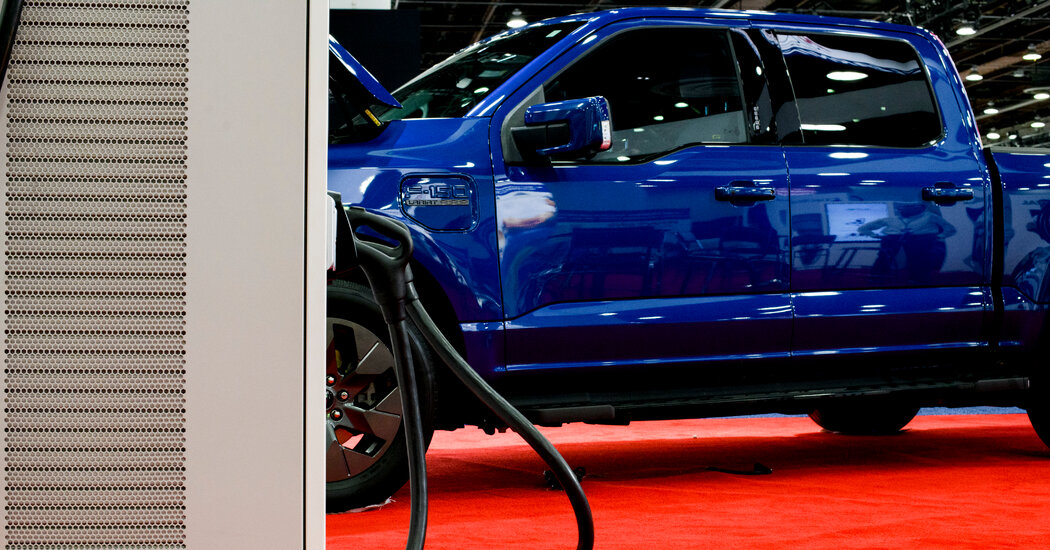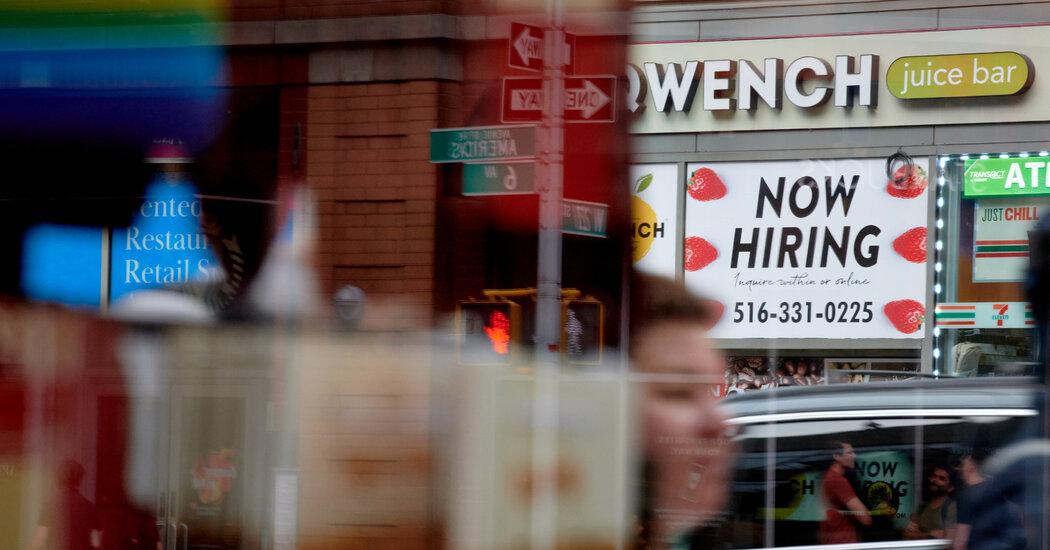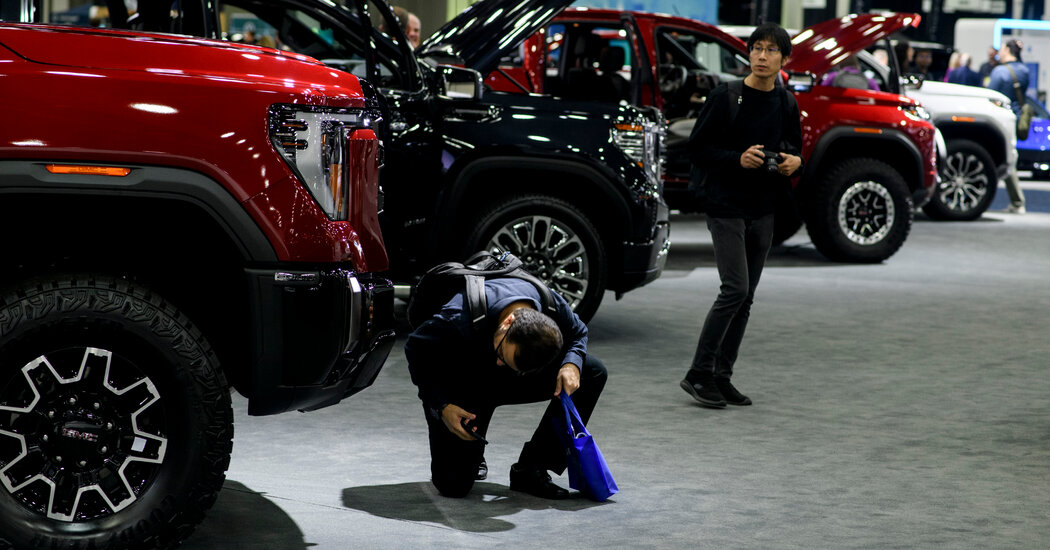Ford Restarts Production of Electric Vehicle Batteries in Michigan with Reduced Capacity
November 22, 2023 | by Kaju

Ford Motor has announced the resumption of work on an electric vehicle battery plant in Michigan, with plans to scale back its production capacity due to slow adoption of electric vehicles in the United States.
The plant, located in Marshall, Mich., is now expected to create 1,700 jobs instead of the original 2,500, with production scheduled to begin in 2026.
Ford spokesperson, T.R. Reid, cited the slower growth in demand for electric vehicles as a reason for the decision to scale back production. Despite increased electric vehicle sales reported by large auto companies like Ford in the most recent quarter, it is not sufficient to meet the ambitious goals of the Biden administration.
The plant was initially planned to produce 35 gigawatt-hours’ worth of batteries annually, but Ford has now revised the production to 20 gigawatt hours annually, reflecting a 42.8 percent reduction in capacity.
Ford did not disclose the exact amount of the budget reduction, but indicated that it would be proportional to the decrease in output. If the 42.8 percent cut in output corresponds to its investment, it would mean a reduction of approximately $1.5 billion from the initially announced investment of $3.5 billion.
The decision to suspend construction in September stemmed from concerns about manufacturing products at a competitive price and was made during tense negotiations with the United Automobile Workers union. Rising labor costs and the union’s contract agreement, which includes a 25 percent increase in the top wage for production workers, also factored into Ford’s decision to scale back its plans for the factory.
The union hopes to maintain its membership rates during the transition to electric vehicles, although automakers have expressed concerns about the competitive disadvantage compared to nonunionized competitors.
The U.A.W. did not immediately respond to a request for comment on Tuesday.
Ford has faced criticism from conservative lawmakers over its plan to license technology from CATL, a Chinese battery maker. Some U.S. electric automakers, such as Tesla, currently import batteries from China. The use of technology licensed from other countries raises questions about whether U.S. companies will qualify for government incentives to promote the shift from fossil fuels.
Ford spokesperson, Mr. Reid, expressed confidence in the technology licensing agreement for the plant despite uncertainties surrounding government incentives for companies using foreign technology.
RELATED POSTS
View all


